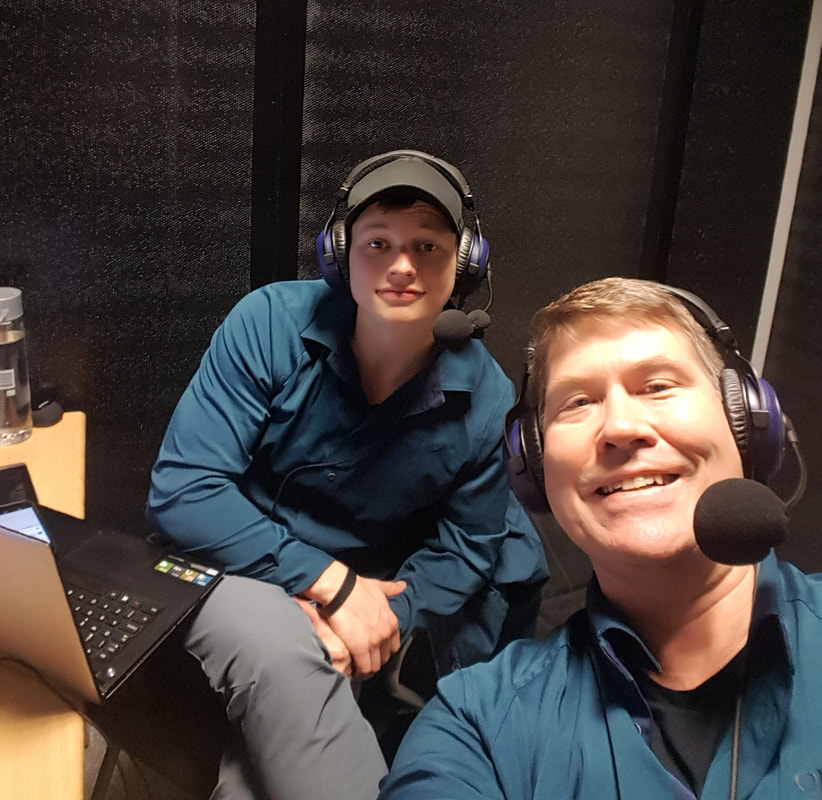What motivates us?What does it really take to keep a good person? Just offering a higher salary probably won’t do it. The best way to retain good people is to recognise what truly motivates them, and build a workplace that fosters and rewards that motivation. Study after study tells us that the cost of replacing a good person is higher than what it would cost to keep them. Yet we have been trained by centuries of common practice to think that salary and wage compensation is the way to attract and retain good people. “If you want the best people, pay them what they are worth. If you pay peanuts, you get monkeys” are among a range of tired clichés on the subject. The research tells us that money is not the only answer to keeping good people. It is far better to dive deeper into what actually motivates us. I recently read an excellent article by Paula Davis-Laack. She argues that autonomy, connection to others, and competence or mastery of a skill (the elements of Self-Determination Theory) are the keys to a happy and motivated workforce. “Autonomy, connection to others and competence (or mastery) are the three components of Self-Determination Theory, a theory of motivation with decades of research supporting its efficacy. According to Self-Determination Theory, all human beings require regular experiences of autonomy, competence, and connection with others, and when we get these things in a high enough dose, it leads to thriving and positive motivation.” These are quite compelling arguments. If you give a person the autonomy to make decisions about their work by setting goals rather than prescribing tasks, they are better able to decide priorities and get the best results. The amount of autonomy in each job varies of course – but empowering the individual to understand the result needed and to make the right decisions about how to achieve it are just as important on an assembly line as they are on a software project. Perhaps the most famous example of this is the Toyota Production System (which gave the world the concept of lean manufacturing and continuous quality improvement). On the Toyota production line, every worker is empowered to stop the production line if they see a problem. Connection to others is an essential motivator – we have all been in workplaces where great results are delivered by small teams that really ‘click’ with each other, making the team greater than the sum of their parts. These are situations where people really appreciate the value that their teammates create for them (‘I couldn’t have done this without you!’). Mentoring and learning also happens here – people seek out advice and re-assurance from those whose views they value. And simple human emotion also happens here – a laugh when you need it, or a trusted ear when you need to vent. Without healthy connection to others, workplace motivation tends to be low. Competence and mastery of skills is something that every human being seeks. Whether it is learning to ride a surfboard, compiling the monthly report, or running an air traffic control system, our personal satisfaction increases as we grow more confident in our skills, and our skills are recognised by others. Skill recognition is very important to self-worth. Recognition can range from the formal (a certification from a professional body or institution), to semi-formal (acknowledgement from a customer when delivering a piece of work) to informal (a complement from a colleague). In combination with work produced, these skill affirmations build a picture of self-worth in the person (“I’m good at this!” versus “I really don’t know how to do this”). It also tells a story of the ability of the person to create value for others. Applying it in the workplaceSo what kinds of things can you do to foster improved personal motivation in your workplace? Recognise skill development Be conscious in your workplace to recognise, reward and celebrate skill development in your people. Larger workplaces will often put in place expensive training programmes oriented around a formal qualification (for example, employees complete an internal training course, receive a certificate, and have a party thrown in their honour), but sometimes forget about the enormous power of the semi-formal and informal recognition of skills available from customers and peers. To an individual, these less formal affirmations of their skills are often more motivating than the formal affirmations – because they come directly from other people. An excellent workplace will foster a blend of ways to detect skill development (formal, semi-formal, informal) and develop ways to relate skill improvement to compensation and work assignments. Build bridges between people It can be hard getting to know new people in the workplace, especially if you work in different locations. Savvy workplaces actively create ways for their people to get to know each other better. The company picnic or other social gatherings are a tried and true method. Sharing people’s hobbies and achievements outside the workplace is another great way to break down barriers and preconceptions about people. When on-boarding new employees, making sure the new hire is aware of all they ways they can meet with and learn about their new workmates is really important. Chances are they have researched their colleagues already! Creating methods and incentives for peers to recognise their colleagues is another really effective way to build connections between people. Something as small as a mention in the company newsletter for a job well done can be a very powerful motivator, as long as the team perceive these shout-outs to be genuine. Safely empower the front line Autonomy is an important motivator, but doing it safely is essential to an individual’s motivation and satisfaction. If someone is brand new to an important task and unsure how to do it properly, the worst thing in the world is to tell that person ‘you’re on your own, we trust you to figure it out’. Far better in that situation to pair that person with a trainer or mentor, who can assist and suggest ways to do things and be a sounding board until the person gains more mastery of the task. When the person does gain and demonstrate task mastery, then increase the autonomy they have relating to that task. Recognising the evolution of skill and the related ability to work autonomously is one of the key skills of management. SummaryAt Belong our goal is to make people’s lives better through unlocking the potential and value of their passions.
We believe that everyone has a range of skills that can be grown. We also believe everyone has the ability to create value for others. We believe that people should be fairly compensated for creating value for others. Our products and protocols let individuals, organisations and businesses measure and reward people’s ability to create value for others. Here is a link to our March Newsletter.. We join the MYOB tour, welcome new customers, reflect on International Women's Day and talk a little Olympic Curling.
|
AuthorHans Frauenlob and a range of special guests Archives
May 2018
Categories
All
|



